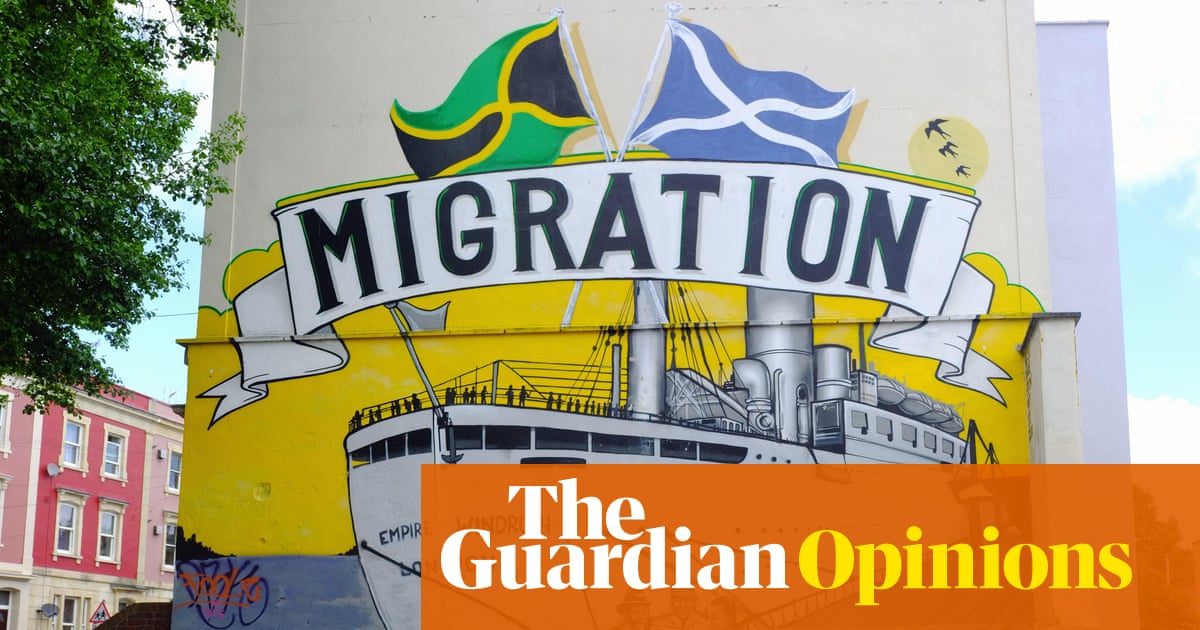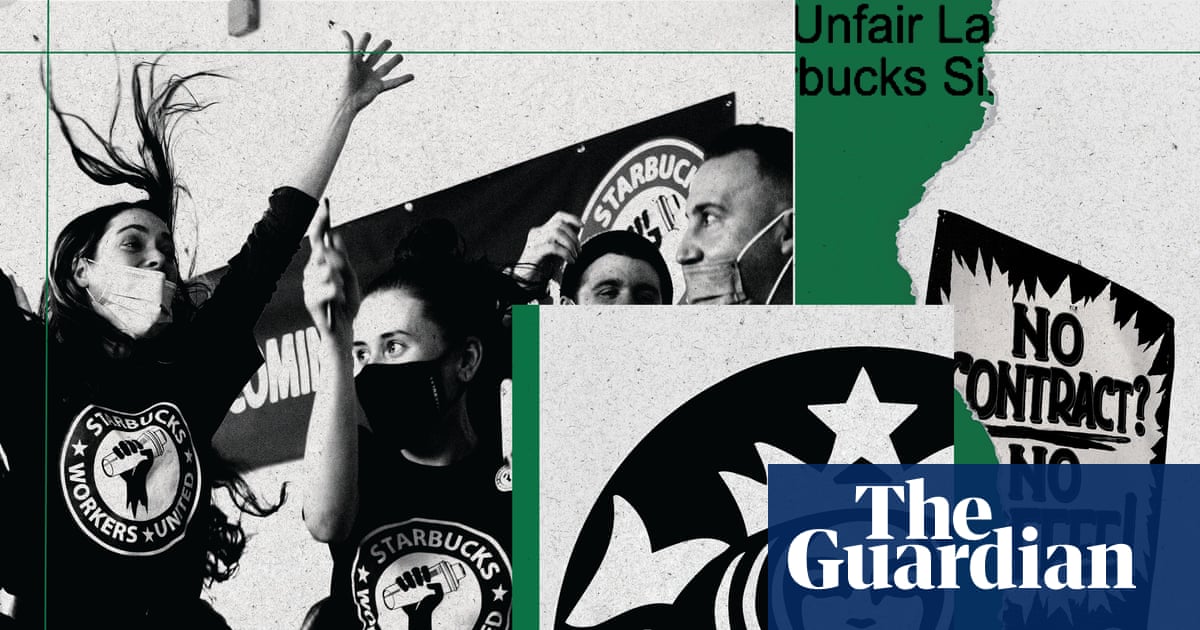Sir Keir Starmer’s party conference speech was billed as a reset – a chance to reframe the argument he had been seen to be losing. He lost no time in naming the fight with Nigel Farage and Reform UK as an existential contest between decency and grievance, renewal versus decline. It was Sir Keir’s most impressive political performance: clear, moral and passionate.
Labour’s leader spoke with a confidence previously lacking. His stirring defence of his party as a uniting force in a polarised country rightly drew applause. His stories with a moral attached gave his address a warmth the prime minister rarely displays. Sir Keir’s jibe that Reform is a party that doesn’t like or “believe in Britain” is a clever retort. It didn’t always work. Emphasising Labour as the party of vocational – not university – education is risky when the government is courting tech and pharma companies.
The speech was also incomplete. It showed what Sir Keir stands for. But it also revealed what he doesn’t stand for: fiscal expansion, bolder redistribution and fully engaging with the politics of living standards. Tellingly, he made no mention of his government’s £5bn Pride in Place scheme, which could have been a perfect answer to the grievance politics Reform thrives on. It was a missed opportunity to connect national renewal to visible investment in left-behind communities.
Sir Keir declared that “the defining mission of this government is to grow the economy”. But such language leaves voters cold. He went on to say that this meant “more money for trips, meals out”, but it was curiously unpersuasive. This highlighted the key weakness of his pitch. He won’t win the fight with the populist right on values alone, especially if voters’ lives feel precarious under Labour. That is because Reform’s rise is not just about identity. It is rooted in public discontent with day-to-day economic insecurity, NHS waiting lists and the sense of drift.
The talk of “national renewal” may soothe a restless party faithful, but without sharper pledges – on getting bills down and reversing local decline – they will not shift the dial outside the hall. This points to the central problem of the government: the rhetoric of renewal will remain just that without fiscal firepower. Labour has announced more money for capital projects: infrastructure, green energy and social housing. But the day-to-day funding streams that sustain public services such as social care and local government remain squeezed.
The popularity of the Greater Manchester mayor, Andy Burnham, stems in part from a willingness to think differently about economic policy and cultural challenges. Labour is losing support not just to Reform, but to the Greens and Liberal Democrats. The tactical voting that delivered Sir Keir’s 2024 majority has evaporated. Unless material improvements are delivered quickly, Labour’s electoral coalition will continue to fragment.
Sir Keir’s message is that Labour must end decline through growth, investment and fairness. But his policy stance is to stick rigidly to fiscal rules that won’t help that mission. This contradiction is visible in the polls. Voters hear the promises, feel the limits and conclude that Labour lacks direction. With crucial elections next May, it is welcome news that Sir Keir has found a narrative and is taking on Reform. But without bolder fiscal moves and sharper pledges, his speech is unlikely to mark a substantial turnaround in his – or his party’s – fortunes.
-
Do you have an opinion on the issues raised in this article? If you would like to submit a response of up to 300 words by email to be considered for publication in our letters section, please click here.

 2 months ago
73
2 months ago
73

















































